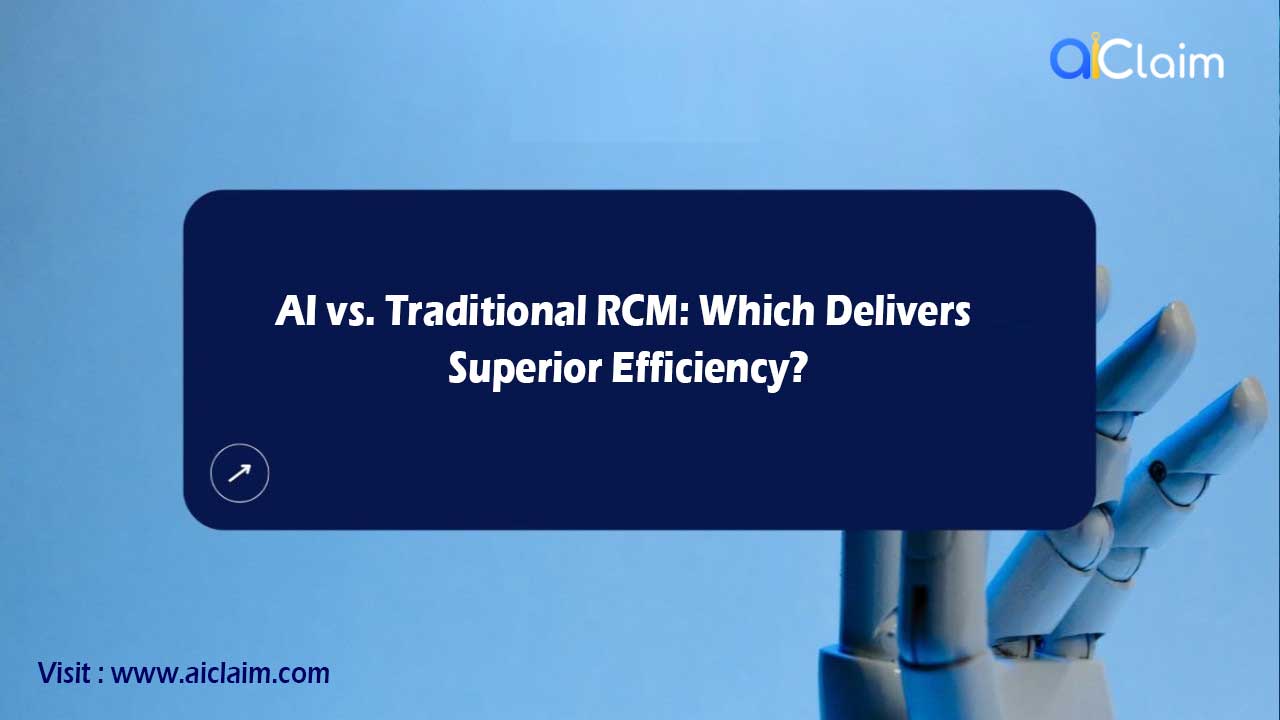Introduction
The insurance industry is evolving rapidly, driven by new technologies, shifting customer expectations, and increasing regulatory demands. As a result, insurers must find ways to enhance their operational efficiency. By optimizing workflows, reducing costs, and improving customer satisfaction, they can remain competitive in this fast-changing landscape. This is where operational efficiency consulting becomes essential, helping insurers streamline processes, adopt innovative solutions, and navigate industry challenges more effectively.

What Is Operational Efficiency in Insurance?
Operational efficiency in the insurance industry refers to streamlining processes, reducing redundancies, and leveraging technology to enhance overall productivity. In other words, it focuses on making operations smoother and more cost-effective. This includes automating claims processing to minimize manual effort, improving data management to ensure accuracy and accessibility, and optimizing customer service strategies to enhance client satisfaction. By integrating these elements, insurers can not only boost efficiency but also stay ahead in an increasingly competitive market.
Key Components of Operational Efficiency:
Achieving operational efficiency in the insurance industry requires a well-rounded and strategic approach that brings together several key components. First and foremost, process optimization plays a crucial role in eliminating redundancies and improving overall workflow. Additionally, adopting advanced technologies enhances automation, boosts data accuracy, and ensures seamless operations. Furthermore, implementing customer-centric strategies helps improve service delivery, leading to higher satisfaction and retention. By effectively integrating these elements, insurers can streamline their operations, reduce costs, and maintain a strong competitive edge in an ever-evolving market.
- Automation of Claims Processing – Reducing manual efforts through AI-driven claims assessment.
- Enhanced Data Analytics – Leveraging big data to make informed decisions.
- Improved Customer Experience – Faster and more efficient claim settlements.
- Cost Reduction Strategies – Minimizing operational overhead.
- Regulatory Compliance – Ensuring adherence to industry laws while optimizing processes.
The Role of Operational Efficiency Consulting
Operational efficiency consultants help insurance companies identify inefficiencies and implement strategies to improve performance. These experts analyze existing workflows, suggest automation solutions, and ensure seamless process integration.
Benefits of Operational Efficiency Consulting:
- Faster Claims Processing: Automation reduces the time required to process claims, improving customer satisfaction.
- Lower Operational Costs: Identifying inefficiencies helps reduce waste and optimize resource allocation.
- Enhanced Compliance & Risk Management: Ensures that insurers stay up to date with industry regulations.
- Scalability & Growth: A streamlined operational model allows for business expansion.
- Better Customer Retention: Faster claim settlements and improved service quality increase customer loyalty.
How Technology Enhances Operational Efficiency
Modern technologies, such as AI, machine learning, and blockchain, are significantly transforming the insurance sector. As these innovations continue to reshape the industry, insurers must adopt the right tools to stay competitive. This is where consultants play a crucial role. They assess business needs, recommend the most suitable tech stack, and guide insurers in implementing solutions that enhance efficiency and scalability. By leveraging these advanced technologies, insurance companies can streamline operations, reduce costs, and ultimately deliver a better experience to their customers.
Technologies Driving Efficiency in Insurance:
- Artificial Intelligence (AI): AI-powered chatbots and claim processing automation.
- Machine Learning: Predictive analytics for fraud detection and risk assessment.
- Blockchain: Enhancing security and transparency in policy management.
- Cloud Computing: Enabling seamless data access and storage.

Common Challenges Insurers Face Without Efficiency Consulting
Without a strong focus on operational efficiency, insurers can face a range of challenges that directly impact their growth and profitability. From rising operational costs to inefficiencies in claims processing and customer service, these obstacles can hinder overall performance. Furthermore, as customer expectations continue to evolve and regulatory requirements become more stringent, failing to optimize operations can put insurers at a significant disadvantage. Therefore, prioritizing efficiency is essential for long-term success in the competitive insurance industry.
Key Challenges:
- High Claim Processing Costs: Manual processes increase operational expenses.
- Slow Customer Service Response: Delayed claim resolutions result in poor customer experience.
- Regulatory Compliance Issues: Frequent legal challenges due to inefficient processes.
- Inability to Scale Operations: Lack of automation makes scaling difficult.
- Data Silos and Ineffective Decision Making: Poor data management leads to inefficiencies.
Steps to Improve Operational Efficiency in Insurance
To stay ahead in the ever-evolving insurance industry, insurers need to adopt strategic measures that drive efficiency and innovation. This includes embracing advanced technologies, refining workflows, and continuously improving customer experiences. Additionally, partnering with experts in operational efficiency can provide valuable insights and guidance, helping insurers identify gaps, implement best practices, and achieve sustainable growth. By taking these proactive steps, insurance companies can remain competitive and better navigate industry challenges.
Actionable Steps:
- Conduct an Efficiency Audit: Identify bottlenecks and areas for improvement.
- Adopt Automation Tools: Implement AI-driven claims processing systems.
- Leverage Data Analytics: Use data-driven insights to enhance decision-making.
- Improve Workforce Training: Equip teams with the skills to use new technologies.
- Enhance Customer Experience: Implement digital solutions for faster claim settlements.
- Regular Performance Monitoring: Continuously track efficiency metrics.
The Future of Insurance: Why Efficiency Matters More Than Ever
As digital transformation accelerates, insurers that fail to prioritize operational efficiency will inevitably struggle to compete in the evolving marketplace. Without streamlined processes and advanced technological integration, they may face rising costs, inefficiencies, and declining customer satisfaction. This is where efficiency consulting becomes invaluable. By providing expert guidance, consultants help insurance companies identify areas for improvement, implement cutting-edge solutions, and adapt to industry changes. As a result, insurers can future-proof their operations, ensuring long-term sustainability, enhanced productivity, and a superior customer experience.
Final Thoughts
Investing in operational efficiency consulting is not just about reducing costs—it’s about staying relevant in a competitive landscape. By adopting innovative solutions and streamlining workflows, insurers can achieve higher profitability, improved customer retention, and seamless regulatory compliance.
Are you looking to enhance your insurance operations and stay ahead in a competitive market? If so, consider partnering with an expert consultant who can provide strategic insights and proven solutions. By focusing on efficiency, streamlining workflows, and leveraging the latest technologies, you can drive growth, reduce costs, and improve customer satisfaction. With the right guidance, your company can navigate industry challenges more effectively and achieve long-term success.




